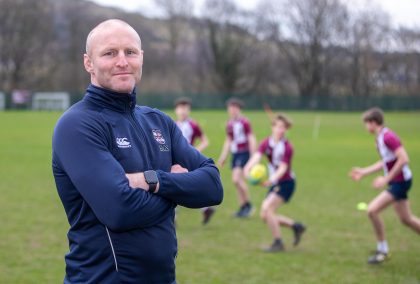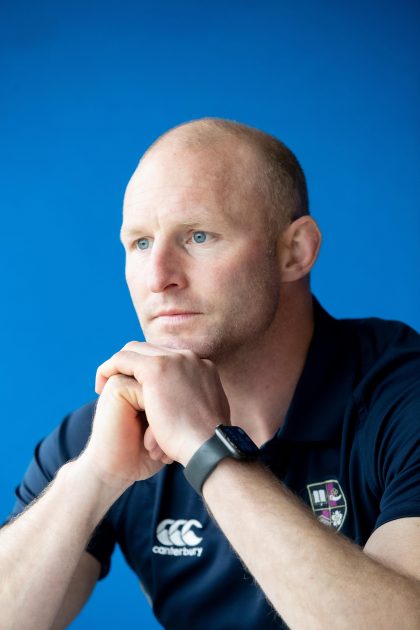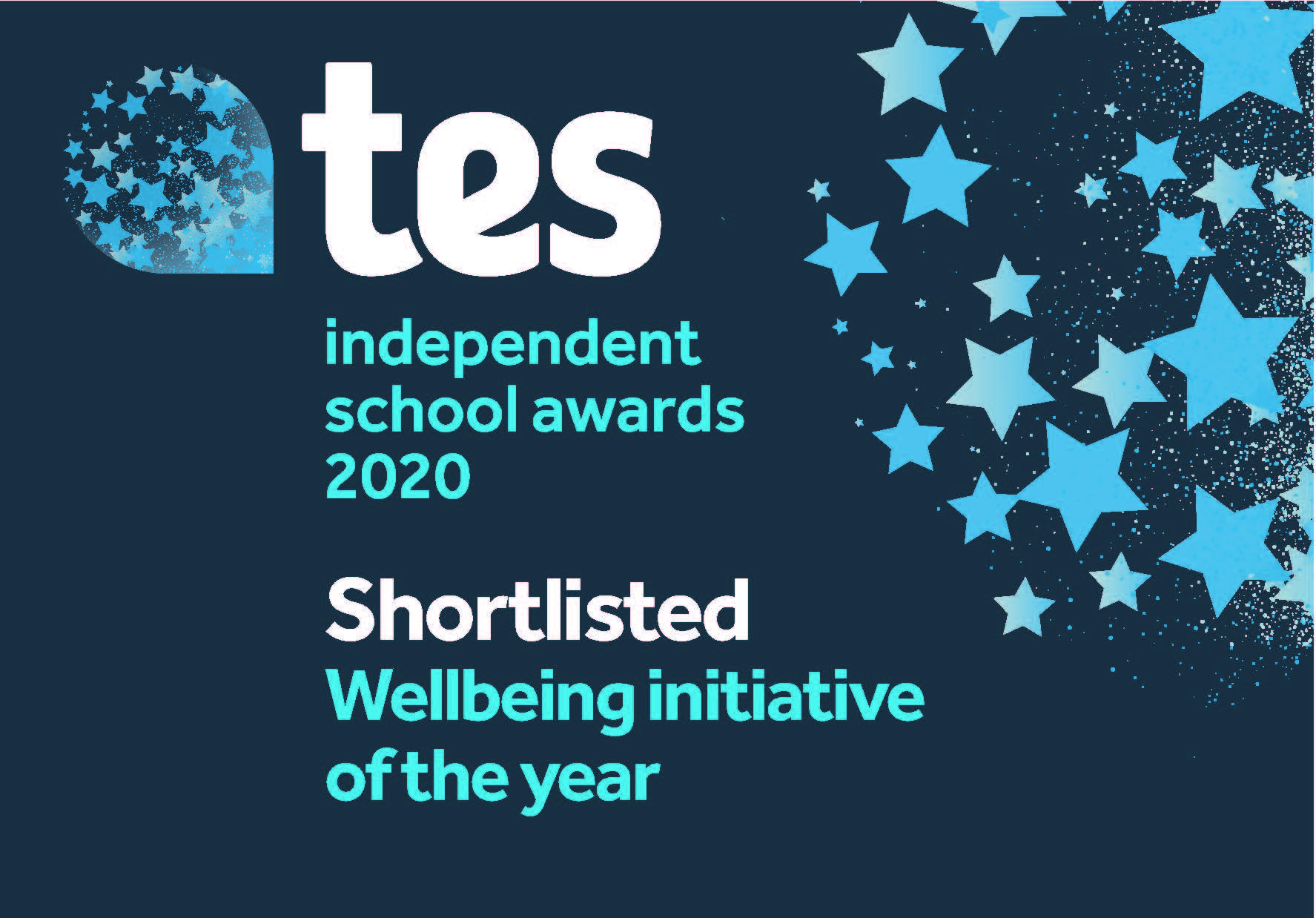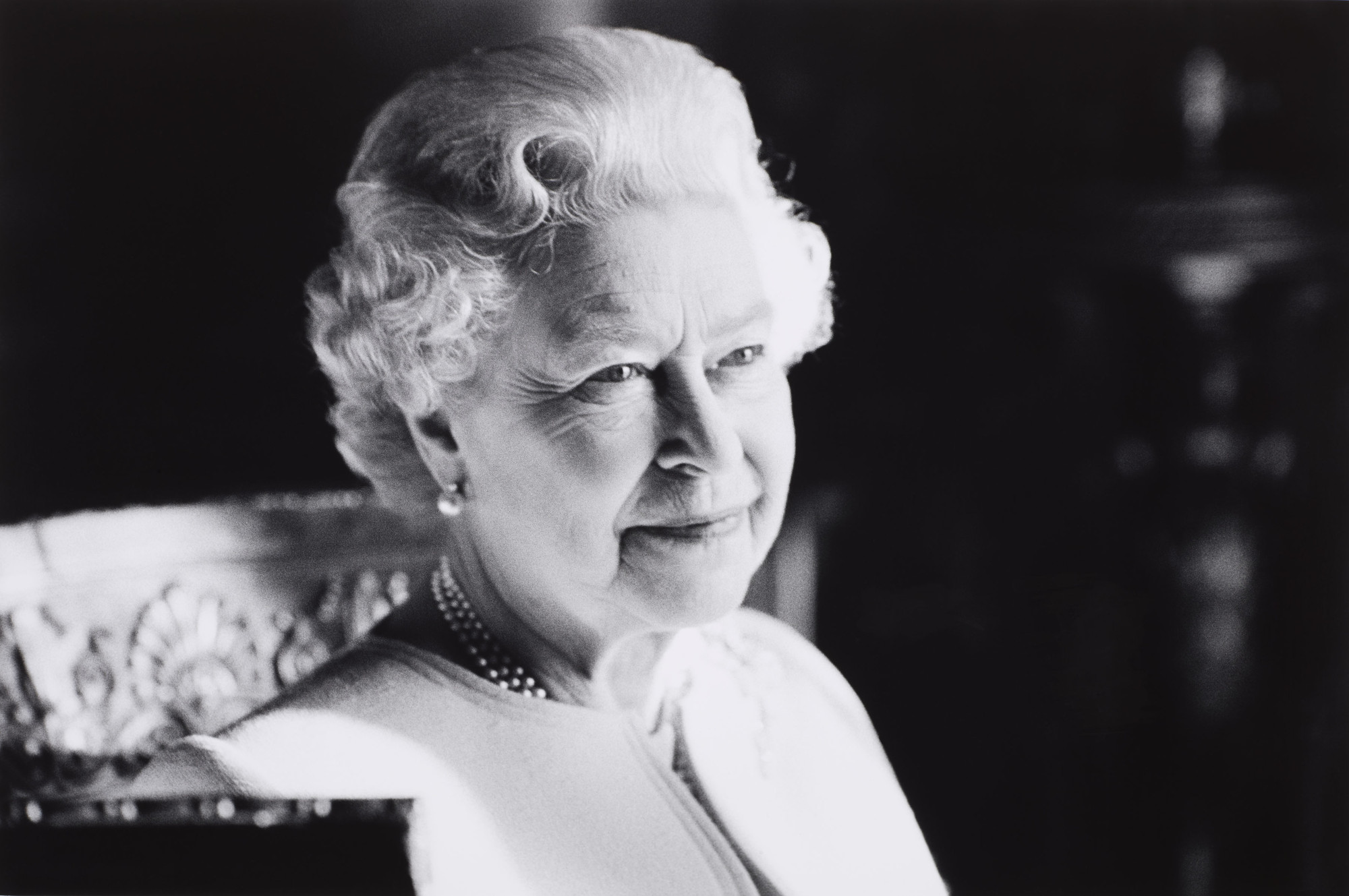Running in the foot deep snow on the top pitches is a memory I hold onto from my early days at BGS as a fresh-faced Year 7 pupil. I can’t clearly remember whether it was a happy reflection or a ‘get on with it’ Hoc Age moment, however it’s the kind of experience in life which helps to shape who you become.
As my love of rugby grew, I can remember the fun of being the very small, cheeky one, who would laugh as I dodged and sidestepped my way around the larger boys. I also recall sometimes getting it wrong! Every now and again, one of them would get hold of me and I’d end up on the floor feeling sorry for myself. If an injury occurred at any point, the trusty ‘magic sponge,’ pulled from a bucket of cold water with a muddy blood red tinge to it, would appear courtesy of one of the substitutes. Injuries would almost come with a badge of honour and once you dusted yourself off, got back to your feet and ‘cracked on’, the applause from pupils and parents on the sideline would reflect their appreciation for your strength of character and resilience!
Getting out of the classroom and running onto the field to indulge in sport was the key to happiness for me. I wasn’t the strongest in the classroom – I was at my happiest outdoors and that was key to nurturing both my physical and mental health. Today, we are in danger of outdoor sport playing second fiddle to online games. Rugby offers a fantastic way to build discipline, mental resilience, physical robustness, competitive spirit, teamwork, leadership skills, cardio-vascular fitness and endurance … the list goes on. This is all underpinned by the Rugby Football Union’s core values, known as TREDS (Teamwork, Respect, Enjoyment, Discipline, Sportsmanship). You realise quickly that by playing the game (particularly within local clubs), you become part of the ‘rugby family’ for life – a family which prides itself in being a trusted worldwide network offering opportunities in all walks of life.
Thankfully too, the sport has taken massive strides forward in areas regarding player welfare. Beyond the now mandatory requirement for players to wear gumshields, other examples include the continuation of on-field law changes every year, new law trials, increased education around contact safety at all levels for coaches and referees (particularly with regards to the tackle area); restrictions/controls around how much time young people can play competitive rugby matches in a day, structured seasons highlighting non-contact periods, and most importantly, controls in and around the recognition and treatment of concussions, which have become a forefront of focus in recent years. That said, safety in grassroots sport must continue to be reviewed, and subsequent action taken as and when needed. Discussions and open conversations with governing bodies must continue, as research continues to identify more advanced ways of implementing safer guidelines to reduce injury risk.
Concussion has long been associated with contact sports, but recently there has been a much greater awareness and understanding around the impact of this type of injury. In recent years, the NFL, football and rugby have been under the spotlight and seem to be leading the way in research and development, which is extremely encouraging to see.
Sadly, this is too little, too late for me.
I was diagnosed with a Traumatic Brain Injury (TBI) in December last year, following 15 years playing rugby as a professional. While I’d enjoyed the rough and tumble of developmental grassroots sport as a junior player, I was met with a radically different experience at the professional level. The intensity of the profession, week in week out, gave no respite from injuries or enough time to recover from one season to the next. Add to that the extra pressure and physical demands of sessions and selection at an elite level for England teams over a 7-year period, and it begins to take its toll on your body.
My playing career, all things considered, was incredible and I still cherish many memories of being part of the Six Nations squads and being an England elite squad member throughout preparations for the 2003 and 2007 World Cups. Overtraining and overplaying was commonplace, but you continued, week after week, because it was your job. You didn’t want to let down your teammates or your club; you were driven to be the best version of yourself and strived for the honour of playing for your country. At that time in professional rugby, suitable safety measures and practices were not in place. The decision to play on through injury was often bestowed upon a player – the same player who had potentially been suffering from the effects of a head injury. Thankfully, this decision is now taken out of players’ hands from schoolboy level, right up to the professional and elite game.
News of my diagnosis will be made public today through an article in The Guardian, with the announcement that I’m joining a class action suit against The Rugby Football Union (RFU), Welsh Rugby Union (WRU) and World Rugby, alongside a number of ex professionals similar to myself. A list of recommendations has been drawn up by a lobby group calling for further safety recommendations in elite sport.
While life in elite level sport comes with a unique set of physical and psychological demands, and a higher risk of injury, the legal action has given me an opportunity to drive changes in the development of grassroots rugby, to ensure we create the safest sporting environment we can for our young players.
At BGS, the care of our pupils is paramount. Gone is the ‘magic sponge’ and in its place an external medical company providing on-site professional medical teams. All staff involved in rugby undertake concussion training as per the RFU’s Headcase concussion awareness and education programme. Anyone experiencing a head injury playing rugby is removed immediately from the field, following the four Rs – Recognise, Remove, Recover, Return. We always recommend that the pupil seeks advice from a healthcare professional no matter how mild their symptoms, and they follow the strict return to play guidelines, which is a minimum of 23 days. This can be frustrating for pupils who feel they are ‘okay’, but it’s a necessity for their wellbeing and we take that responsibility very seriously. We’re also currently exploring the use of new injury tracking technology platforms to inform pupil injury status across all those in contact with our pupils at BGS.
While my personal circumstance is concerning, the condition itself is in the early stages, and I’ve received the full support from those who are closest to me in getting through what lies ahead. Early recognition, and subsequent action, has given me the best opportunity to trial new treatments to slow progression as much as possible.
Having spoken to the Headmaster, Simon Hinchliffe, I’m also incredibly thankful for his support and that of colleagues close to me who continue to support me in my role at BGS, particularly those who have helped me communicate my message to you as parents and friends of the School. I will continue to enjoy my role as Specialist Coach and Master in charge of Rugby as before, using organisational strategies as and when needed.
Rugby, like any physical sport, comes with inherent risks. My son is now in Year 7 and enjoys many sports including rugby, just like his father. I would hate to see the sport that has shaped my life become so different that it’s unrecognisable. We need to ensure that positive safety changes in the sport are celebrated alongside new strategies, to preserve the DNA of the game. I truly believe in the phrase ‘better rugby players make better people’.
Being involved in any sport creates lifelong memories and friendships. Running out onto the pitches in the foot deep snow is as much of a character-building exercise for current Year 7s, as it was for me when I was in their shoes. Just before Christmas, I gave a Year 8 rugby group the option of staying outside in the snow or going indoors. They chose to stay outside and brave the conditions. I wonder if they will look back on that training session nostalgically in the future as I have. Sadly, there are no warm baths these days, but the smiles on frosty faces are still there.
“At BGS, the care of our pupils is paramount. Gone is the ‘magic sponge’ and in its place an external medical company providing on-site professional medical teams.”







